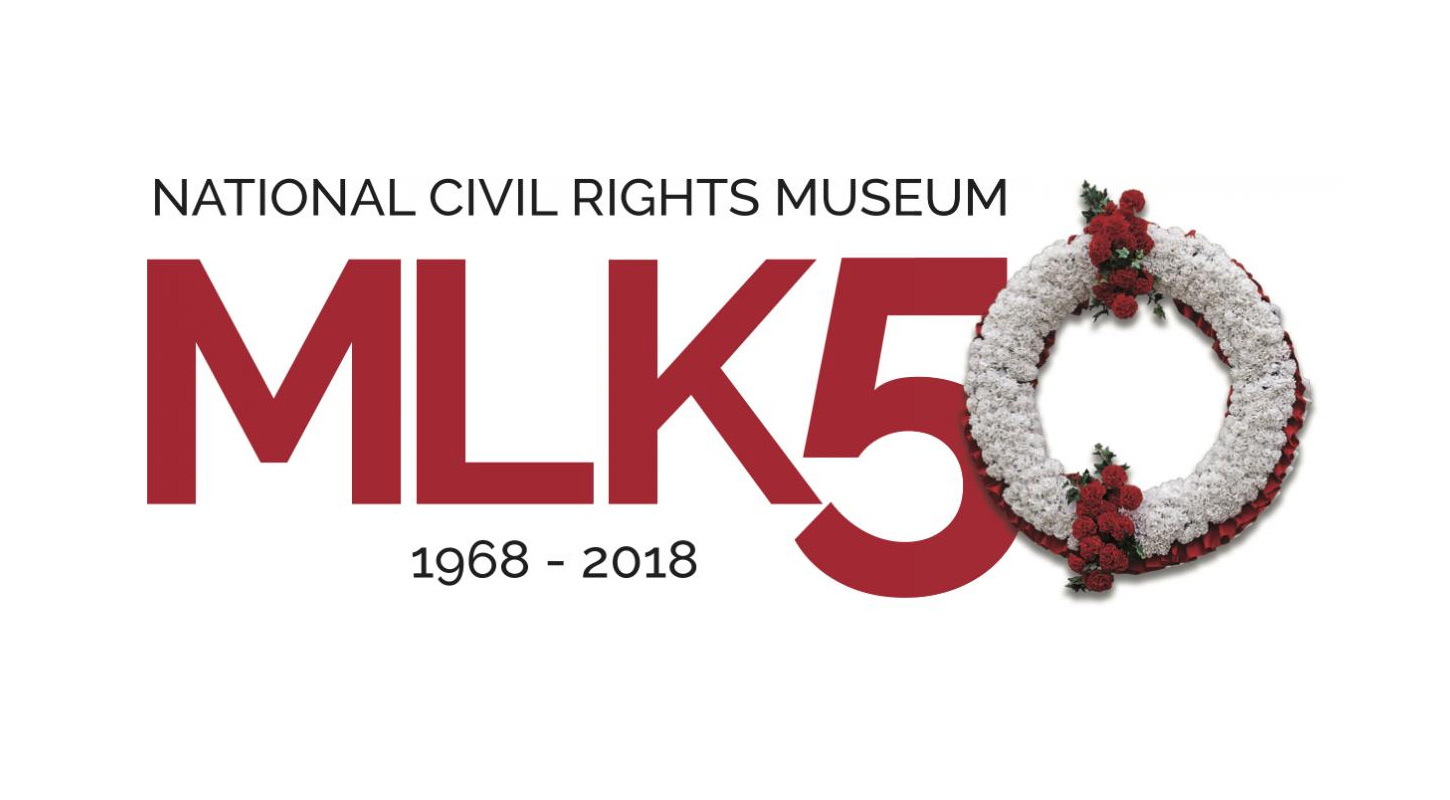
The National Civil Rights Museum and the University of Memphis recently released The Poverty Report: Memphis Since MLK. The report examines the economic state of African-Americans and the poor in Shelby County since Dr. Martin Luther King Jr.’s death 50 years ago. The report shows advancements have been made in some areas, but there is still much work to do to achieve economic and educational equity for all in our community.
As the leader of a health care organization, I think about how poverty and inequities affect health. Research shows that there is a link and these conditions contribute to poor health outcomes, such as obesity, low birth weights and ultimately lower life expectancies. Many of these issues are exacerbated by the lifestyle and diet so common to the South. Just as the problem is complicated, I believe the solution is also complex.
As a health care organization, we are tackling this problem in many small ways in the hopes that we’ll have a large impact on the lives of all in our community. For example, the National Cancer Institute designated the Baptist Cancer Center as one of 12 centers nationwide to spearhead clinical research focused on disparities in cancer care among minorities and historically underserved groups. Baptist Memorial Hospital for Women offers Beautiful Beginnings, a prenatal education program. Baptist Memorial Health Care Foundation funds Universal Parenting Place, a free parenting program to help address issues that may have resulted from poverty. Baptist Memorial Health Care also sponsors numerous programs and other not-for-profit organizations to help improve the health and wellness of many in our community who may not be able to afford health care. These include Camp Day2Day, a free camp for children who have diabetes; a learning labels program to teach children how to make healthy food choices; free weight loss and management programs; and a free diabetes prevention program. We also have partnered with the Mid-South Food Bank to offer free nutritious food to patients recently diagnosed with diabetes or who have been recently hospitalized because of diabetes.
These are only some of the things we’re doing to address health disparities in our community. As I’ve already mentioned, I realize much more needs to be done. But I believe this is a complex problem that requires a multipronged approach and a united effort from many organizations in our community. I appreciate all that Dr. Martin Luther King Jr. accomplished during his lifetime, and it is my hope that we will have identified long-term and sustainable solutions to economic and health inequities 50 years from now.

President/Chief Executive Officer
Baptist Memorial Health Care
